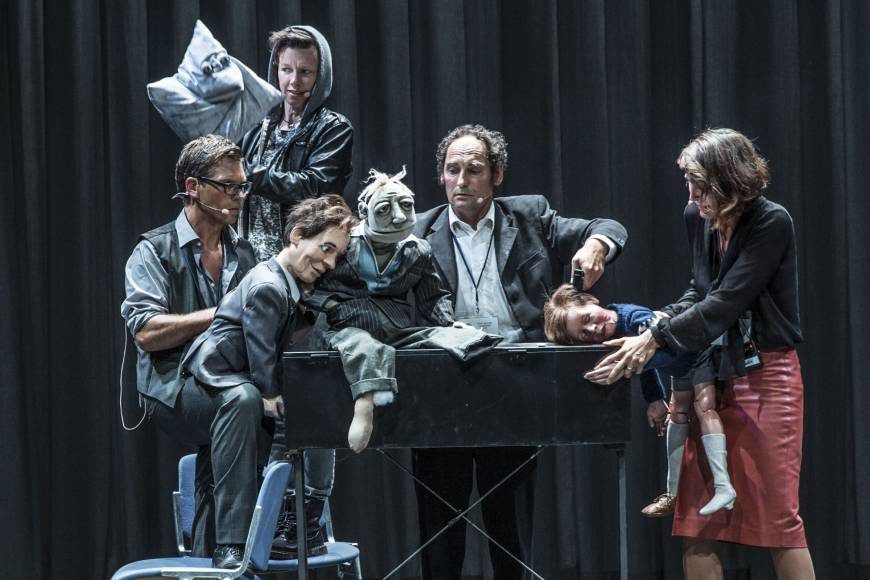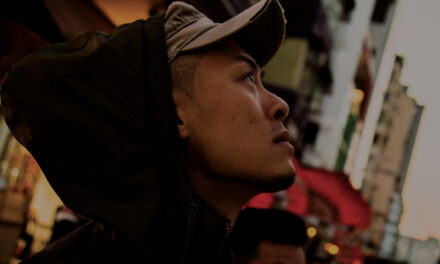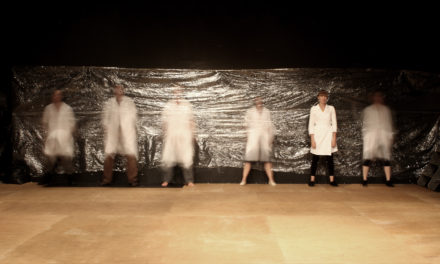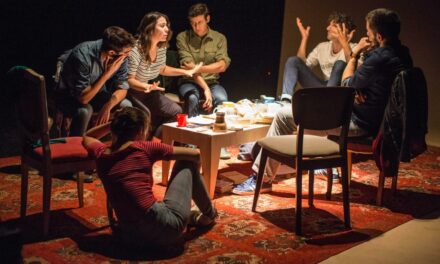At a recent news conference, Satoshi Miyagi, the artistic director of Shizuoka Performing Arts Center (SPAC), gave notice of an imminent invasion — by girigirijin. He explained that these “trailblazers” were set to descend on the annual World Theatre Festival Shizuoka, armed with ideas and ready to challenge audiences.
“Division has been increasing swiftly around the world, often between relatively wealthy people rather than rich and poor in the conventional way,” he said.
“Even though we thought we learned from our history, many who lived through previous frenzies have passed away … and we are going to repeat the same mistakes.” To perhaps help avert this fate, though, Miyagi has chosen seven “trailblazers” for this year’s event — three Japanese and four from overseas “whose works share that quality of great theater, which is to depict a cool-headed and objective view of the present, while also using humor to warn of problems.”
Among those artists is one of Europe’s most in-demand directors, Nicolas Stemann, who debuted at the festival in 2014 with his provocative, avant-garde Faust I, and returns now with Werther! based on German writer Johann Wolfgang von Goethe’s The Sorrows of Young Werther. That 1774 novel is a loosely autobiographical tale of the anguished Werther, whose passionate longing for a maiden named Charlotte remains unrequited as she stays true to her betrothed. Created by Stemann in 1997 as a solo work for Austrian actor Philipp Hochmair to perform, Werther! is still often staged around the world despite this being its first Japan performance.
“The actor is the same, so except for him being 20 years older, the production hasn’t changed much,” Stemann says. As for why Werther! still retains its cutting-edge relevance, he adds, “It’s very simple and mobile, and lots of things I’ve done since are there: video, monologues, texts with music, humor and audiences getting directly involved with the actor. “Secondly, the novel is very good. It communicates with young generations everywhere because almost everyone has been so love sick they’ve felt suicidal, or they’ve felt rejected by the world and have been looking for a place in society. “The play also relates to the internet, which many lonely people use as a mirror while sitting alone, posting very private things on social media that make everyone feel so close, yet they are far away.”
In contrast, the characters in While I Was Waiting, which premiered last year in Brussels, often seem so far apart, even though they are so close.
Directed by Damascus-based Omar Abusaada and written by exiled Syrian playwright Mohammad Al Attar, the play brings global geopolitics up close and personal through its central character, a teenage video-blogger on the front lines in that war-ravaged country who records his own and others’ complex views on life and death, and good and bad (and more).
At the news conference, Miyagi remarked, “This is a work that helps us realize how unimaginative we’ve become about the real state of today’s world.” Then the 58-year-old dramatist dropped a bombshell of his own with the news he had just been asked to stage a new version of the Greek mythology play Antigone that he directed in 2004 in Delphi, its original setting, as the prestigious opening event of the Avignon Festival in France in July. Before then, however, lucky theater lovers in Japan can see the same blood-soaked piece at an open-air venue in Shizuoka’s central Sumpujo Park during this year’s SPAC festival.
Modestly, Miyagi himself only commented simply (but in context) on his remarkable Avignon honor — the first for any Asian artist — saying, “Through this play, I would like to ask audiences to reflect on the silliness of dividing people into two, good and bad. “I think this idea, which often reflects into religious belief, relates to a cause of conflicts that have overwhelmed this world.”
Meanwhile, filling out the rest of the festival’s roster are two more productions from overseas and two from Japan. Written by U.S. novelist Dennis Cooper and directed by French prodigy Gisele Vienne, The Ventriloquists Convention is a dark comedy of competing fragile egos performed by both puppets and actors that looks sure to stir up audiences with its satirical humor [see sidebar]; while the lone actor’s reflections on his life in Italian dramatist Pippo Delbono’s autobiographical Tales of June will surely touch all those present for its once-only staging at SPAC’s Daendo Hall amid tea fields in the hills — as it has in more than 50 countries already.
Finally, festivalgoers can also (actively) enjoy the world premiere of Japanese dramatist Kuro Tanino’s latest work, Moon. As they arrive at SPAC’s open-air Theater Udo in the hills, “participants” (Tanino’s term for his guests) will be handed a full-face helmet to enhance their experience of this uniquely exciting program; while more sedentary folk may wish instead to partake of 1940 — Richard Strauss Villa, a new opera by Ichiro Nodaira inspired by the life of the German composer that will be performed once only at the Concert Hall Shizuoka.
And if all that is not enough to get you blazing a trail to Shizuoka this coming holiday week, SPAC’s Strange Seed program will ensure a party atmosphere awaits, with free street performances at venues throughout the city along with stalls selling all kinds of food and drinks, crafts and more.
World Theatre Festival Shizuoka 2017 takes place from April 28 to May 7. For details of the venues, tickets (¥1,000-¥4,100, plus concessions) and free bus services between the venues and other attractions, call 054-202-3399 or visit www.spac.or.jp.
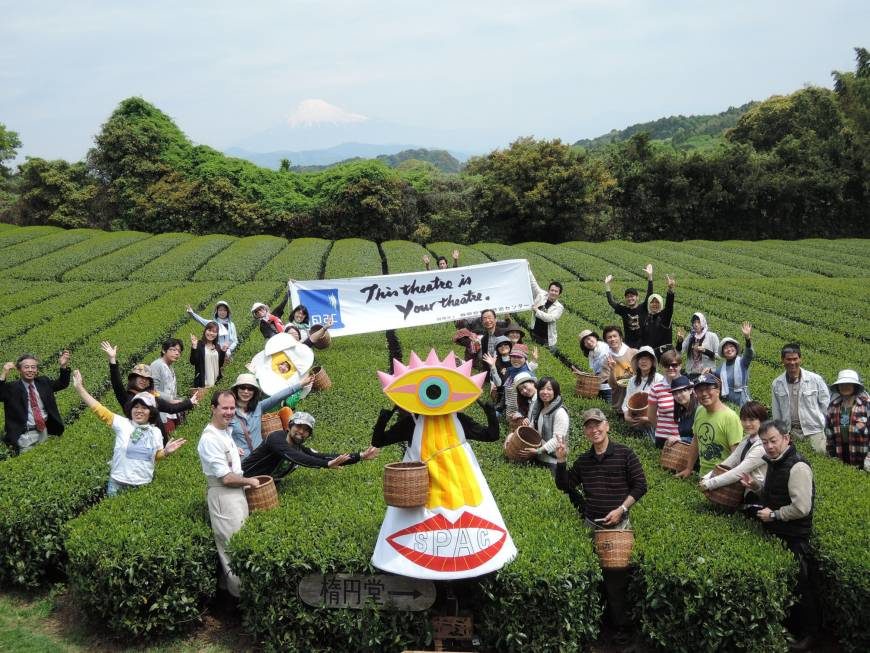
Welcome all: The staff of Shizuoka Performing Arts Center are seen picking tea and welcoming all to the World Theatre Festival Shizuoka.
This article was originally posted on JapanTimes.com. Reposted with permission of the author. To read an original article, click here.
This post was written by the author in their personal capacity.The opinions expressed in this article are the author’s own and do not reflect the view of The Theatre Times, their staff or collaborators.
This post was written by Nobuko Tanaka.
The views expressed here belong to the author and do not necessarily reflect our views and opinions.

